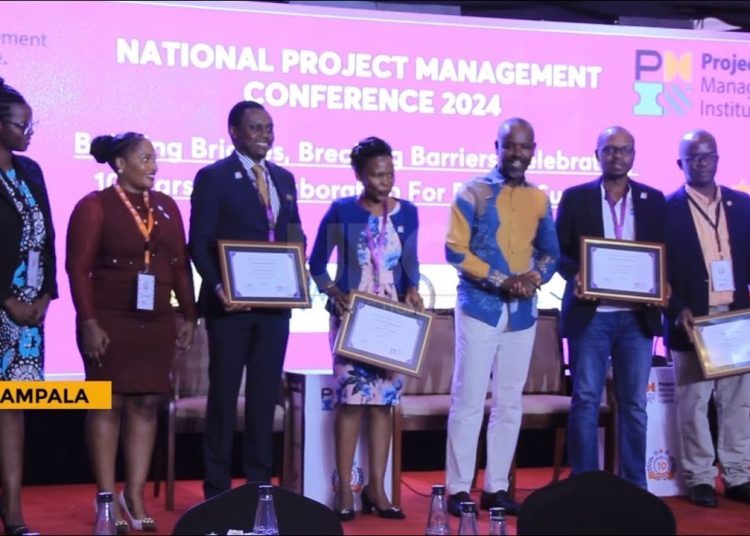By Lydia Nabitosi and Norah Tukashaba
Introduction
In today’s complex business environment, ethics are essential—not only for organizations and their employees but particularly for project managers who navigate intricate projects and communicate with diverse stakeholders. Upholding ethical standards is not merely a regulatory obligation; it is a cornerstone of professional integrity and long-term success.
The Critical Role of Ethics in Project Management
Project managers hold a unique position of responsibility. They determine project scopes, set goals and deadlines, allocate resources, monitor progress, and resolve issues as they arise. In their role, they must present their skills and abilities honestly during the bidding process. This means avoiding hyperbolic claims and steering clear of unethical tactics designed solely to secure projects. In doing so, project managers reinforce the trust placed in them by both clients and the broader community.
Celebrating Excellence: International Project Management Day
Each November, International Project Management Day serves as a reminder of the vital contributions project managers make. This day is dedicated to raising awareness about the field’s importance and promoting excellence in project management. With this year’s theme, “The Excellence Equation: People + Purpose + Projects,” the celebration emphasizes that the success of any project rests on its human element. Projects are born from the creativity and effort of individuals and teams, and ethical conduct throughout every project phase is paramount.
The Human Element and Ethical Challenges
The human component in project management is undeniable. From project conception to execution and oversight, people are at the core. This reliance on human judgment raises crucial questions about ethical behavior, especially during critical phases like prospecting and bidding. Recent surveys and high-profile cases reveal that ethical lapses in these early stages can compromise the entire project lifecycle.
Unethical Practices: Evidence from the Field
The Global Business Ethics Survey 2023 found that 65% of employees reported witnessing misconduct in the past year—a slight increase from 60% in 2020. Additionally, 12% of employees globally observed acts of corruption, such as bribery, kickbacks, or inappropriate gifts to government officials. A recent case involving Henan International Corporation Group (CHICO) highlights this issue. The company was reportedly sanctioned by the African Development Bank (AfDB) for alleged fraudulent practices during the execution of an AfDB-funded project in Uganda. Reports indicate that unethical practices, including conflicts of interest, lobbying, and improper inducements, were used to secure the project bid.
Consequences of Unethical Bidding
When a project is acquired through unethical means, the entire execution process is compromised. Firms may feel compelled to recover excessive costs incurred during the bidding process, leading to shortcuts in project implementation. This pressure can result in subpar execution, compromised quality of construction materials, and, ultimately, risks to community safety. Such practices not only tarnish reputations but also undermine public trust and stakeholder confidence.
Upholding Ethical Standards: A Professional Imperative
Project management, much like the fields of medicine and law, carries a profound responsibility toward society and its stakeholders. Ethical behavior should never be viewed as an optional expense; it is a fundamental duty that must be maintained throughout a project’s lifecycle—from bidding to handover. Project managers are expected to embody integrity, ensuring that their actions reflect a commitment to ethical standards and transparency.
Ethics in the Real World
Critics often argue that while ethical principles sound commendable on paper, they are challenging to implement amid real-world pressures. The genuine challenges, pressures, and constraints that project managers face cannot be ignored. However, the potential consequences of unethical practices—including reputational damage, legal repercussions, and negative media scrutiny—should serve as strong deterrents. Project managers must strive to do the right thing, even when it is difficult, for the benefit of all stakeholders involved.
Conclusion
Exemplary ethical values in project management demand sacrifice and steadfast commitment. As the old adage goes, “the softest pillow is a clear conscience.” In the long run, the value of a good reputation is immeasurable, and maintaining ethical standards is essential for sustainable success. For project managers, embracing ethics is not just a professional requirement—it is a vital investment in the future of their projects and the communities they serve.






Discussion about this post